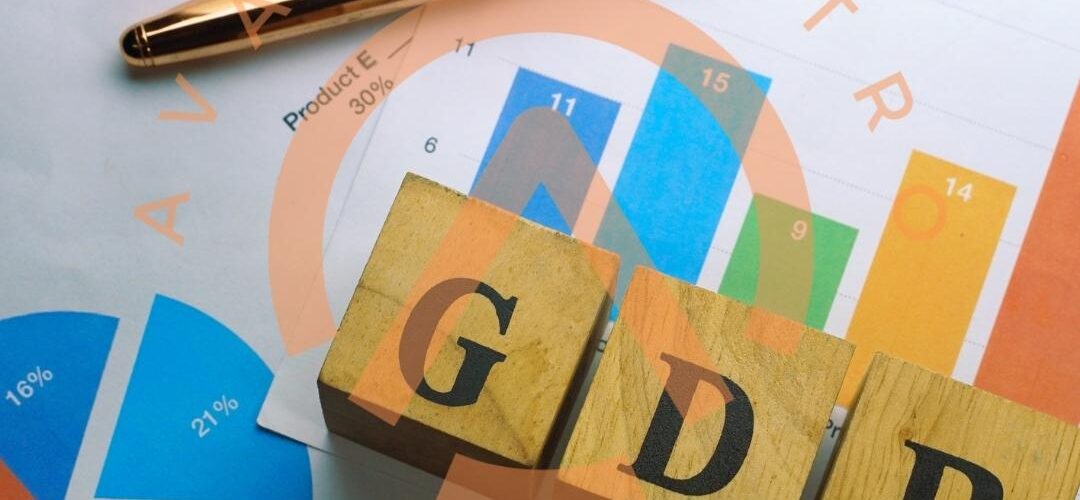The Role of the Plastic Industry in GDP: A Comprehensive Analysis
Introduction
In today’s world, the plastic industry plays a crucial role in the Gross Domestic Product (GDP) of many nations. Its impact extends far beyond the production of plastic goods. In this article, we will delve into the intricate details of the plastic industry and its profound implications on a country’s economy. Let’s explore the diverse facets of the role of the plastic industry in GDP, from its contributions to environmental challenges and economic growth to its employment opportunities and global significance.
The Plastic Industry: A Driving Force Behind GDP
The role of the plastic industry in GDP is more significant than you might imagine. This versatile industry has a multi-dimensional impact on the economy.
Economic Growth and Stability
The plastic industry contributes substantially to a nation’s GDP through the production, distribution, and export of plastic products. This robust sector generates revenue, creates jobs, and fosters economic stability.
Innovation and Technological Advancements
Continuous innovations in plastic manufacturing have led to the creation of new materials and products. This drive for innovation not only boosts the GDP but also enhances a country’s technological capabilities.
Export Opportunities
The plastic industry offers vast export potential, promoting economic growth and strengthening a nation’s global trade relations. Plastic goods manufactured domestically can be exported to international markets, increasing foreign exchange reserves.
Environmental Challenges and Sustainability
While the plastic industry is undeniably influential, it is not without its environmental concerns. To understand the full scope of its role in GDP, it’s crucial to examine the industry’s environmental impact.
Plastic Waste and Pollution
The production and disposal of plastic products contribute to environmental pollution. This issue has led to growing concerns about sustainability and the environmental cost of economic growth.
Recycling and Circular Economy
Efforts to mitigate plastic waste include recycling programs and the promotion of a circular economy. These initiatives aim to reduce the environmental impact of the plastic industry and promote long-term sustainability.
Employment Opportunities and Skill Development
The plastic industry’s role in GDP extends to job creation and skill development.
Employment Generation
The industry provides employment to a diverse workforce, ranging from manufacturing and distribution to research and development. This generates income for individuals and families, contributing to a nation’s overall economic growth.
Skill Enhancement
Working in the plastic industry equips individuals with valuable technical skills. These skills are transferable to other sectors, improving overall workforce competence.
Global Significance and Industry Trends
Understanding the global significance of the plastic industry is essential in comprehending its role in GDP.
Global Supply Chain
The plastic industry is part of a vast global supply chain. Products and materials are sourced internationally, impacting not only domestic GDP but also global trade.
Sustainable Practices
The industry is evolving to embrace sustainable practices and address environmental concerns. These changes are influenced by global trends and standards, making the industry an integral player in global sustainability efforts.
FAQs (Frequently Asked Questions)
Q: How does the plastic industry affect the economy? A: The plastic industry contributes to economic growth by generating revenue, creating jobs, and fostering stability through innovation and export opportunities.
Q: What are the environmental concerns associated with the plastic industry? A: The production and disposal of plastic products contribute to pollution and waste. Efforts to mitigate these concerns include recycling and the promotion of a circular economy.
Q: How does the plastic industry impact employment? A: The industry provides employment opportunities for a diverse workforce, contributing to economic growth and skill development.
Q: Is the plastic industry a global player? A: Yes, the plastic industry is part of a vast global supply chain, impacting both domestic and global economies.
Q: What trends are shaping the plastic industry’s future? A: Sustainable practices and environmental considerations are influencing the industry’s evolution, making it a key player in global sustainability efforts.
Q: How can nations balance economic growth with plastic industry sustainability? A: Nations can achieve this balance by promoting recycling, circular economy initiatives, and responsible plastic production and disposal.
Conclusion
The role of the plastic industry in GDP is both complex and multi-faceted. It significantly influences economic growth, sustainability, employment opportunities, and global trade. As nations grapple with the challenges of balancing economic growth with environmental sustainability, the plastic industry continues to evolve and adapt. Understanding its impact on GDP is essential in making informed decisions about its future. The plastic industry is here to stay, and its role in GDP is likely to remain a topic of importance for years to come.

